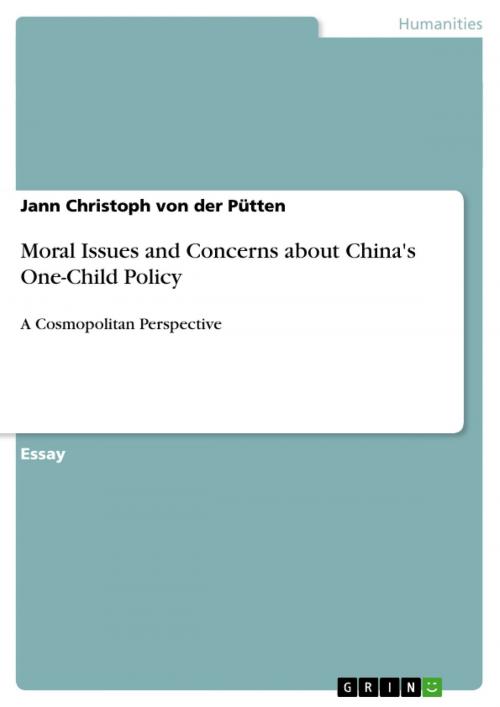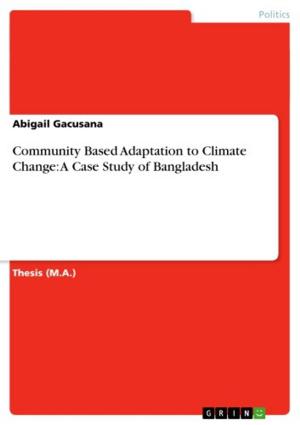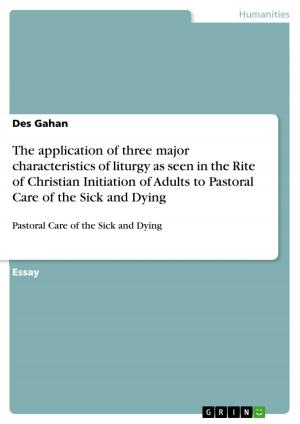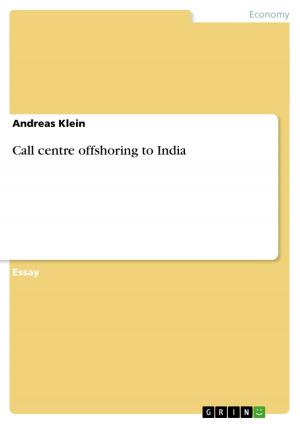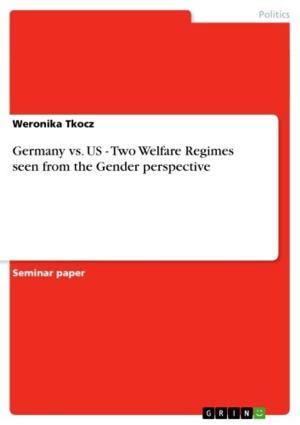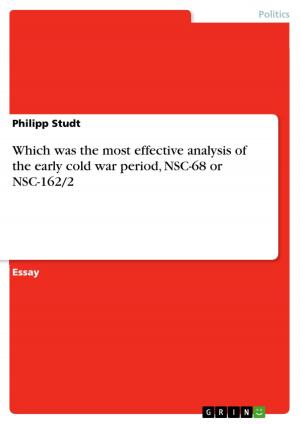Moral Issues and Concerns about China's One-Child Policy
A Cosmopolitan Perspective
Nonfiction, Religion & Spirituality, Philosophy| Author: | Jann Christoph von der Pütten | ISBN: | 9783640582402 |
| Publisher: | GRIN Publishing | Publication: | March 31, 2010 |
| Imprint: | GRIN Publishing | Language: | English |
| Author: | Jann Christoph von der Pütten |
| ISBN: | 9783640582402 |
| Publisher: | GRIN Publishing |
| Publication: | March 31, 2010 |
| Imprint: | GRIN Publishing |
| Language: | English |
Essay from the year 2008 in the subject Philosophy - Practical (Ethics, Aesthetics, Culture, Nature, Right, ...), grade: 1,0, University of Helsinki (Department of Social and Moral Philosophy), course: Practical Ethics in World Politics: Understanding Cosmopolitanism, language: English, abstract: In 1979 China introduced the so-called 'One-Child Family Plan' (1CFP), also often referred to as the 'One-Child Policy' or 'One-Child Population Policy', a birth control policy that was supposed to deal with the high population growth and its social and economical problems for the People's Republic of China. The One-Child Policy is a controversial topic that is frequently discussed inside and outside China, but its 'legitimacy' was again confirmed by the Chinese government in 2007. There are several concerns about the One-Child Policy, especially about abuses against women and girls, e.g. the abortion of baby girls, forced sterilizations and abortions, earlier ageing of the population, the effects on gender equalities, increasing effects on human trafficking, etc. During my essay I will analyse the moral aspects of China's One-Child Policy. The main focus of the analysis lays on the rural areas of China, where the traditional patriarchal values are still very strong and are more important for daily life than they are in urban areas. I also include my own experiences from China, which I obtained through discussions and participatory observation.
Essay from the year 2008 in the subject Philosophy - Practical (Ethics, Aesthetics, Culture, Nature, Right, ...), grade: 1,0, University of Helsinki (Department of Social and Moral Philosophy), course: Practical Ethics in World Politics: Understanding Cosmopolitanism, language: English, abstract: In 1979 China introduced the so-called 'One-Child Family Plan' (1CFP), also often referred to as the 'One-Child Policy' or 'One-Child Population Policy', a birth control policy that was supposed to deal with the high population growth and its social and economical problems for the People's Republic of China. The One-Child Policy is a controversial topic that is frequently discussed inside and outside China, but its 'legitimacy' was again confirmed by the Chinese government in 2007. There are several concerns about the One-Child Policy, especially about abuses against women and girls, e.g. the abortion of baby girls, forced sterilizations and abortions, earlier ageing of the population, the effects on gender equalities, increasing effects on human trafficking, etc. During my essay I will analyse the moral aspects of China's One-Child Policy. The main focus of the analysis lays on the rural areas of China, where the traditional patriarchal values are still very strong and are more important for daily life than they are in urban areas. I also include my own experiences from China, which I obtained through discussions and participatory observation.
